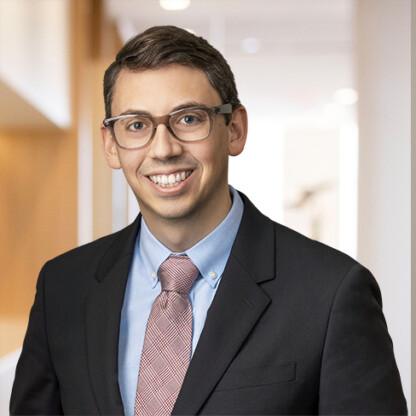
 The proliferation of electronic medical records and mobile devices, enhanced computing platforms and infrastructure, new data sharing and mining tools, and other recent technological advances have dramatically increased the ability of health care providers, payors, and their affiliates to generate, aggregate, store, and analyze health information. Government agencies, health information exchanges, mobile device companies, online applications and platforms, social media, and collaborating hospitals, insurers, and physicians are accumulating vast amounts of health information. Rapid progress in data architecture, storage, and analysis has opened avenues to leverage that information in new and innovative ways.
The proliferation of electronic medical records and mobile devices, enhanced computing platforms and infrastructure, new data sharing and mining tools, and other recent technological advances have dramatically increased the ability of health care providers, payors, and their affiliates to generate, aggregate, store, and analyze health information. Government agencies, health information exchanges, mobile device companies, online applications and platforms, social media, and collaborating hospitals, insurers, and physicians are accumulating vast amounts of health information. Rapid progress in data architecture, storage, and analysis has opened avenues to leverage that information in new and innovative ways.
Technology has created new business opportunities for health care entities — covered entities, business associates, and others — to use health data for financial purposes. This is true not only where the financial remuneration is for cash (e.g., the sale or marketing of a product using health data), but also in the creation of value for covered entities, their business associates, and third parties alike. Within health systems, Big Data will play a critical role in the move from volume-based care to value-based, accountable care. The ability to integrate, synthesize, and share complex health information can lead to enhanced coordination of care, potentially resulting in better health outcomes and lower costs.
Actualizing the promise of Big Data is not without its challenges — technical, institutional, operational, and legal. In many cases, the evolution of the law has not kept up with technology, resulting in a governing framework that is challenging to navigate. This paper will provide an overview of the U.S. federal and state considerations applicable to any business initiative that relies on Big Data, and provide some practical advice for those seeking to monetize Big Data in health care.



